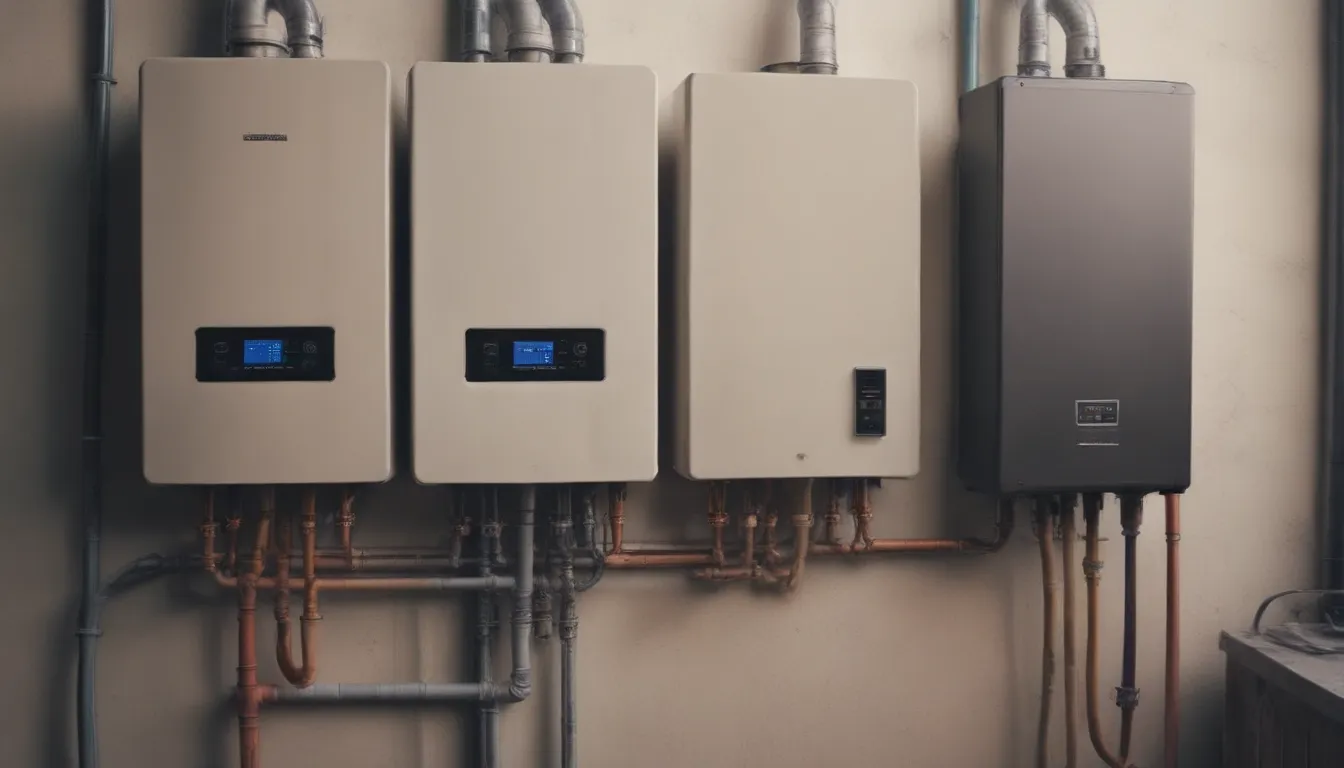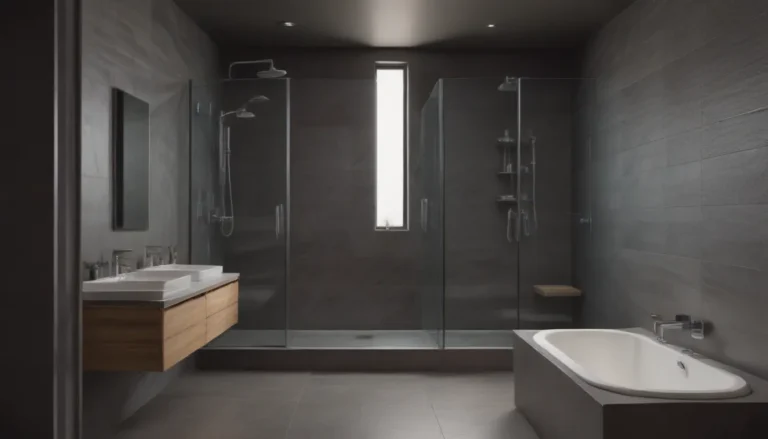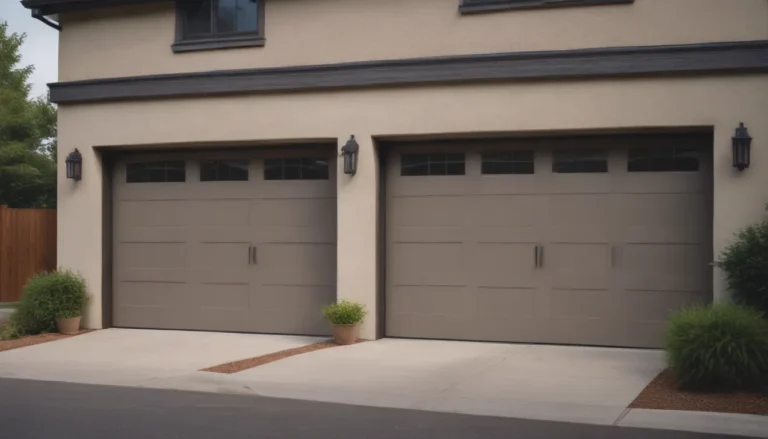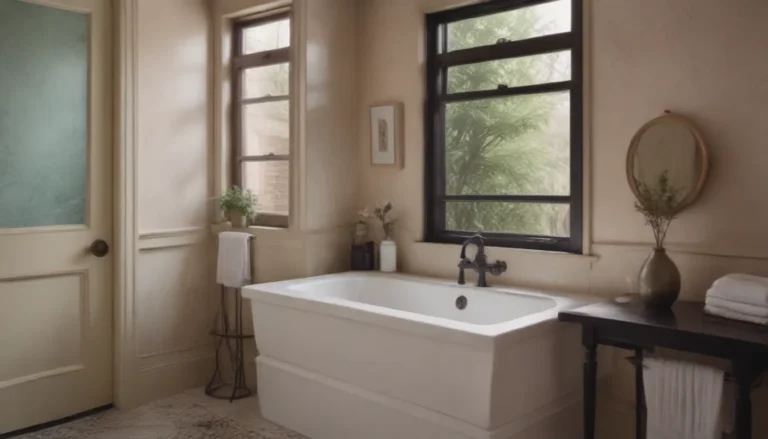Everything You Need to Know About Tankless Water Heaters

Are you tired of running out of hot water in your home? A tankless water heater might be the perfect solution for you. In homes where multiple people take showers at the same time, use large-capacity washing machines, and run the dishwasher frequently, a tankless water heater ensures that hot water is always available on demand. Also known as on-demand or instantaneous water heaters, these units do not store hot water like traditional water heaters with large water storage tanks. Instead, they heat water as needed, providing hot water whenever you turn on the faucet.
How Do Tankless Water Heaters Work?
Tankless water heaters work by heating water only when needed, eliminating the need for a large water storage tank that always keeps water hot. When you turn on a hot water faucet, cold water flows through a heat exchanger in the unit. A natural gas burner or an electric element then heats the water, providing you with instant hot water. This design helps to save energy and avoid standby heat loss, making tankless water heaters more energy-efficient than traditional storage water heaters.
Pros & Cons of Tankless Water Heaters
Before investing in a tankless water heater, it’s essential to consider the pros and cons to determine if it’s the right choice for your home.
Pros:
– Energy savings: Tankless water heaters are more energy-efficient than traditional storage water heaters, saving you money on your utility bills.
– Longer lifespan: Tankless water heaters typically last longer than traditional water heaters.
– Smaller size: Tankless water heaters take up less space in your home compared to traditional water heaters with large storage tanks.
– Wide range of features: Tankless water heaters come with various features to meet your specific needs and preferences.
Cons:
– Higher cost: Tankless water heaters are more expensive upfront compared to traditional water heaters.
– Dependent on groundwater temperature: The efficiency of a tankless water heater may vary depending on the temperature of the groundwater in your area.
– Flow rate impact: The flow rate of a tankless water heater may affect its performance, especially when multiple fixtures are used simultaneously.
Types of Tankless Water Heaters
There are different types of tankless water heaters available, each serving specific purposes in your home.
Point-of-Use Tankless Water Heaters
- Point-of-use tankless water heaters are small units that can be installed under sinks or in closets to provide hot water to a specific fixture.
- They are cost-effective and ideal for supplementing hot water in areas where your main water heater may not reach.
Whole-House Tankless Water Heaters
- Whole-house tankless water heaters are more expensive but provide hot water to multiple fixtures simultaneously.
- They are suitable for homes with high hot water demands, such as those with large families or frequent hot water usage.
Electric Tankless Water Heaters
- Electric tankless water heaters use electric-resistance heating coils to heat water efficiently.
- They are a viable option for homes where natural gas is not readily available.
Gas Tankless Water Heaters
- Gas tankless water heaters use natural gas or propane to heat water quickly and effectively.
- They are usually more powerful than electric models and are suitable for homes with higher hot water demands.
Solar Tankless Water Heaters
- Solar tankless water heaters can be connected to a home’s solar energy system to provide hot water powered by clean energy.
- While the initial cost may be higher, the long-term energy savings and environmental benefits make them a sustainable choice.
How Much Do Tankless Water Heaters Cost?
Tankless water heaters are more expensive upfront compared to traditional water heaters, with an average cost of $2,542. The price may vary depending on the type, brand, and quality of the unit you choose. Additionally, installation costs range from $600 to $1,850, with professional installation recommended to ensure proper functioning of the unit. You may also qualify for tax credits when purchasing an ENERGY STAR-certified tankless water heater, further offsetting the initial investment.
Conventional Water Heater vs. Tankless Water Heater
When deciding between a conventional water heater and a tankless water heater, consider factors such as cost, energy efficiency, and space requirements. While traditional water heaters are less expensive and easier to install, tankless water heaters offer long-term energy savings and a smaller footprint in your home. If you have high hot water demands or are looking for an eco-friendly option, a tankless water heater may be the better choice for you.
Tips for Buying a Tankless Water Heater
To make an informed decision when purchasing a tankless water heater for your home, follow these tips:
In-Store Shopping
- Visit a store or showroom to talk to a salesperson about different tankless water heater options.
- Negotiate installation costs and inquire about warranty and maintenance requirements.
Online Comparison Shopping
- Compare prices and features of different tankless water heaters online to find the best value for your investment.
- Consider purchasing from reputable manufacturers known for quality and reliability.
Warranty Considerations
- Ensure your tankless water heater comes with a warranty that covers potential issues and defects.
- Read the warranty terms carefully to understand any limitations or conditions that may affect coverage.
Conclusion
In conclusion, tankless water heaters offer a practical solution for homes with high hot water demands and a desire for energy efficiency. While they may be more expensive upfront, the long-term savings on energy bills and extended lifespan make them a worthwhile investment. By understanding the different types of tankless water heaters available, comparing prices, and considering factors like installation and maintenance, you can make an informed decision that meets your hot water needs and budget requirements. So, before you buy a tankless water heater for your home, be sure to weigh the pros and cons and choose the best option for your household.





